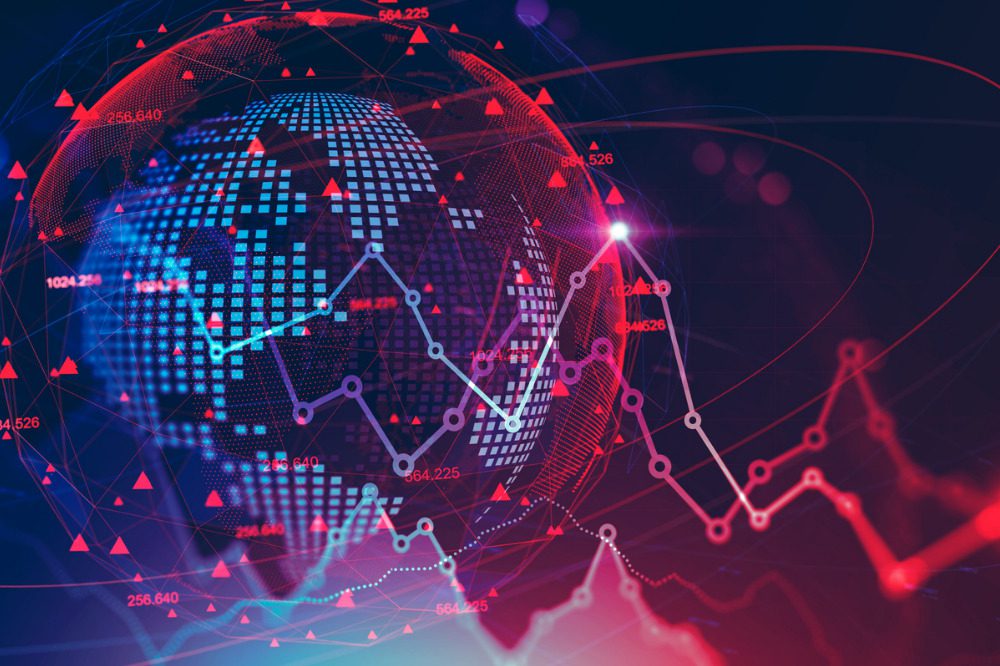What risks are Australian businesses facing today?

According to KPMG’s Dynamic Risk Assessment, the risks arising from today’s global landscape are “highly interconnected and contagious.” As such, the report categorised the top geopolitical risks faced by Australian businesses into the three following clusters, illustrating the relationship between specific individual risks.
Increased public scepticism and scrutiny of business
The particular risks in this cluster include government and media misdirection, loss of confidence in governments, and the slow pace of change in decarbonisation and sustainability efforts. They all relate to ideological, political, and cultural shifts that have caused consumers to be more sceptical of businesses and governments that fail to act on environmental and social issues.
As the KPMG report puts it, consumers have started to demand that organisations make their stance on often polarising issues such as climate change, COVID-19 response, social inequality and discrimination, and migration and human rights. “This makes corporate political strategy no longer a tactic for boosting businesses’ reputation, but a necessity for economic survival,” said KPMG.
Economics and politics collide in the region
In this cluster, KPMG analysed risks related to economic and political developments in China, considering its presence as a trade and economic superpower in the region. According to the report, developments in China’s geopolitical environment could easily be felt by neighbouring countries, as well as those “that are economically interdependent with China.” The risks in this cluster were described by KPMG as having “the potential to generate the greatest impact within the shortest timeframe.”
Inability to adapt to an evolving region
This final cluster is related to the previous one and involves Australia’s relationship with the rest of the Asia-Pacific region. As noted by KPMG, the Asia-Pacific region has “transformed dramatically,” with the Asian Development Bank even arguing that Asia could account for over 50% of the world’s GDP by 2050. Considering this potential for rapid transformation, the risks in this cluster involve the challenge of Australia’s ability to maintain regional relationships and for businesses to keep their pace.
Aside from these three ‘risk clusters’, the KPMG report also examined so-called ‘Black Swan’ risks. These are individual risks that “may not seem imminent but shouldn’t be dismissed as they could play out in unexpected ways.”
An example of this is the ‘Technopolar World,’ which refers to the concern that tech giants are beginning to carve out a new dimension of geopolitics in the digital space. According to KPMG, businesses should expect to see “continued struggles” between governments and tech organisations throughout the year as they hash out issues revolving around data privacy, cyber security, and the ethical use of artificial intelligence.





